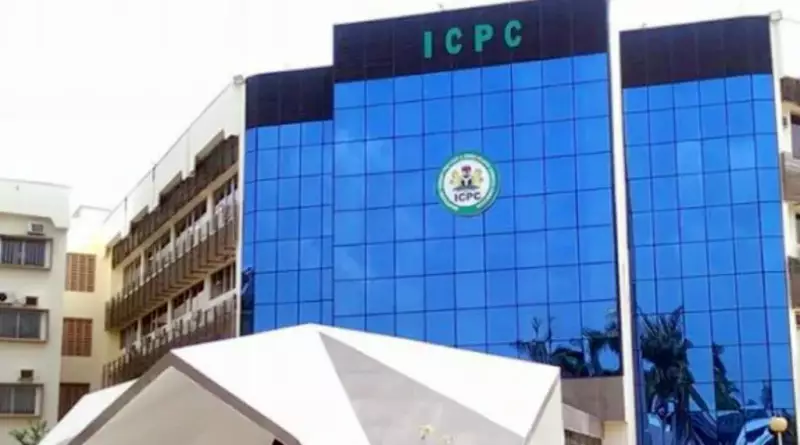
In a shocking case of immigration fraud, the Independent Corrupt Practices and Other Related Offences Commission (ICPC) has dragged a Nigerian woman before the Federal Capital Territory High Court in Abuja for allegedly forging critical documents to secure a United Kingdom visa.
The defendant, identified as Chidinma Nneka Nwosu, stands accused of creating a fake marriage certificate and fraudulent United Arab Emirates passport stamps as part of an elaborate scheme to deceive UK immigration authorities.
The Alleged Scheme Unraveled
According to court documents, Nwosu allegedly fabricated a marriage certificate between herself and a UK resident named Chukwudi Nwosu. Prosecutors claim she went even further by forging entry and exit stamps from the United Arab Emirates on her passport, creating the false impression of extensive international travel history.
The ICPC prosecutor, Dr. Osuobeni Ekoi Akponimisingha, informed the court that these forged documents were submitted as part of Nwosu's UK visa application, constituting a serious attempt to mislead immigration officials about her personal circumstances and travel history.
Legal Consequences and Court Proceedings
The charges brought against Nwosu include forgery and uttering of false documents, offenses that contravene Section 364 of the Penal Code and are punishable under the same legislation. During the arraignment, the defendant pleaded not guilty to all charges.
In a significant development, the court granted Nwosu bail set at N1 million with one surety in like sum. The surety must be a civil servant of Grade Level 12 or higher and must reside within the court's jurisdiction. The case has been adjourned to October 10, 2024, for further hearing.
Broader Implications for Immigration Integrity
This case highlights the ongoing challenges faced by immigration authorities worldwide in combating document fraud. The ICPC's prosecution demonstrates Nigeria's commitment to fighting corruption and immigration-related crimes that damage the country's international reputation.
Legal experts note that such cases serve as a strong warning to individuals contemplating similar fraudulent activities, emphasizing that immigration authorities and anti-corruption agencies are increasingly sophisticated in detecting forged documents.






